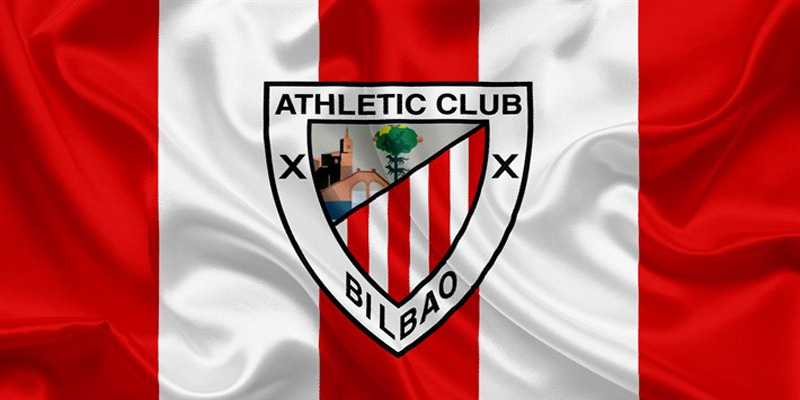Athletic Bilbao Football Club is a staple of Spanish football, steeped in rich history and a unique sporting philosophy that sets it apart from its peers. Founded in 1898, the club has become synonymous with the Basque region of Spain, not just for its successes on the pitch but also for its commitment to its cultural identity. This blog post will delve into the intricate tapestry that makes Athletic Bilbao Football Club a quintessential part of not only Basque culture but also broader European football 7m.
Introduction to Athletic Bilbao
The story of Athletic Bilbao Football Club is as vibrant and complex as the city itself. Nestled in the heart of the Basque Country, Bilbao has long been a hub of industrial innovation and cultural effervescence. The football club reflects this dynamism, evolving over more than a century while remaining true to its foundational values. As we explore the club’s origins, development, achievements, and future, we uncover how it has navigated the tumultuous waters of footballing history while upholding its unique identity.
Overview of the club’s origins
The genesis of Athletic Bilbao can be traced back to a group of British expatriates who introduced football to the local populace. In 1898, these pioneers laid the groundwork for what would become one of Spain’s most storied clubs. The blending of British enthusiasm for the sport and the local Basque culture set the stage for an institution that would grow to embody regional pride and identity.
From the very beginning, Athletic Bilbao distinguished itself by prioritizing local talent and emphasizing community connections. The ethos of “players from the Basque region” became a central tenet of the club’s philosophy, which still resonates today. This commitment created a sense of belonging and unity among fans, players, and management alike.
Early years and formation
In its early years, Athletic Bilbao played many friendly matches against other teams, often competing in regional tournaments. The first competitive title came in 1902 when they won the Copa del Rey, marking the beginning of a tradition of success. Throughout the early 20th century, the club underwent various transformations, including changes in leadership and membership structures, but retained its focus on developing local talent.
The formation of La Liga in 1929 was another pivotal moment for Athletic Bilbao. Competing at national levels provided greater visibility and prestige and solidified their position among Spain’s elite clubs. Notably, they were one of the founding members of this league, further cementing their legacy in Spanish football.
Key moments and milestones in history
As the decades rolled on, Athletic Bilbao experienced several key milestones that shaped its narrative. The club enjoyed a golden age during the 1930s, winning multiple Copa del Rey titles and establishing itself as a force to be reckoned with in Spanish football.
One cannot discuss the club’s history without mentioning the incredible feats achieved during the post-war period. Athletic Bilbao secured a historic double in 1984, winning both the Copa del Rey and La Liga, showcasing their dominance in domestic competitions. Moreover, their unwavering dedication to fielding Basque players remained a point of pride and a distinctive feature that set them apart from other clubs.
Throughout the late 20th and early 21st centuries, the club faced challenges, including fluctuations in form and financial pressures, yet it constantly adapted while staying true to its core philosophy. The resilience demonstrated by Athletic Bilbao has contributed to its enduring legacy in Spanish football.
Conclusion
Athletic Bilbao Football Club represents a remarkable confluence of history, achievement, and cultural significance. Its steadfast adherence to its founding principles has allowed it to thrive while cultivating a strong connection with the Basque community. Through resilience, dedication, and a commitment to excellence, Athletic Bilbao has carved a niche for itself in the annals of football history, leaving an indelible mark on the sport.


